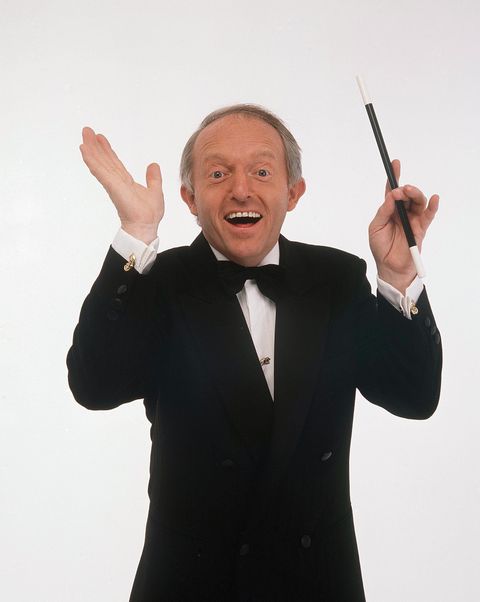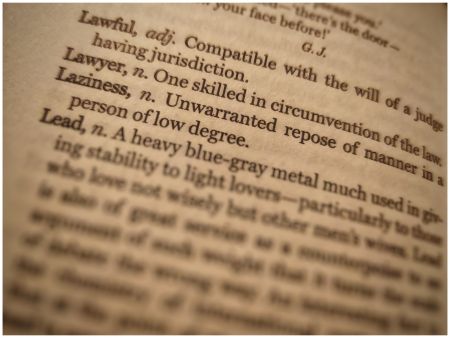Magic: Difference between revisions
Jump to navigation
Jump to search
Amwelladmin (talk | contribs) No edit summary Tags: Mobile edit Mobile web edit |
Amwelladmin (talk | contribs) No edit summary Tags: Mobile edit Mobile web edit |
||
| Line 1: | Line 1: | ||
{{Def|Magic||n|{{image|Paul Daniels|jpg|Just to manage your expectations, you aren’t going to like this a lot.}}}}{{quote|An art of converting superstition into coin. There are other arts serving the same high purpose, but the discreet lexicographer does not name them. — {{author|Ambrose Bierce}}, {{br|The Devil’s Dictionary}}}} | {{Def|Magic||n|{{image|Paul Daniels|jpg|Just to manage your expectations, you aren’t going to like this a lot.}}}}{{quote|An art of converting superstition into coin. There are other arts serving the same high purpose, but the discreet lexicographer does not name them. | ||
:— {{author|Ambrose Bierce}}, {{br|The Devil’s Dictionary}}}} | |||
{{Quote|{{ACC on technology}}}} | {{Quote|{{ACC on technology}}}} | ||
{{Quote|{{JC on technology}}}} | {{Quote|{{JC on technology}}}} | ||
Revision as of 18:49, 25 January 2023
|
Magic (n.)
An art of converting superstition into coin. There are other arts serving the same high purpose, but the discreet lexicographer does not name them.
“Any sufficiently advanced technology is indistinguishable from magic.”
- —Arthur C. Clarke’s third law
“Any sufficiently primitive middle manager will be unable to distinguish a basic chatbot from magic.”
Not artificial intelligence, machine learning or natural language processing, however much they might seem like it to primitive or unimaginative minds. Another kind of NLP — neuro-linguistic programming — may be, at least in the hands of Derren Brown, though I suspect a bit of amateur dramatics and camera trickery going on there too.

